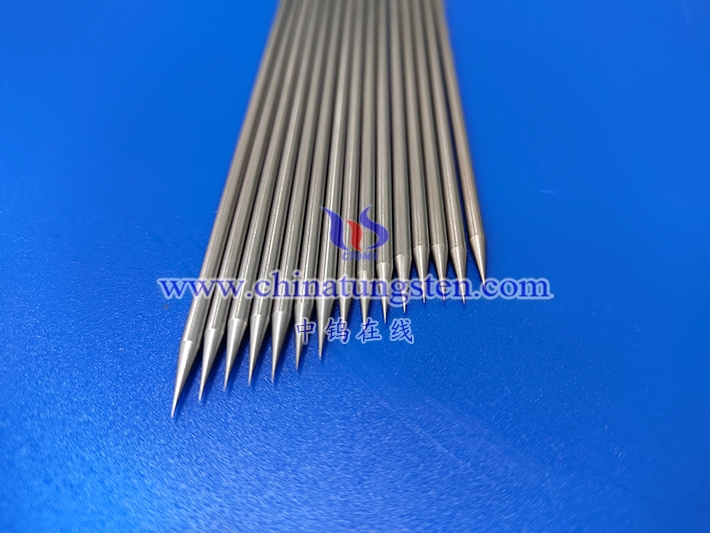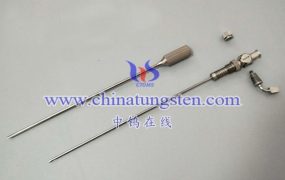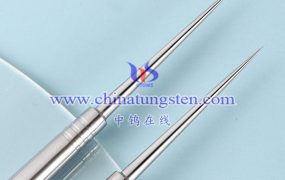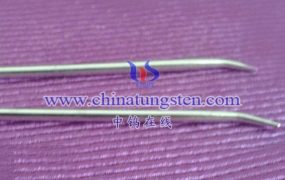
Surface coating can affect the performance of tungsten needles in biological applications. Certain coatings can improve their ability to resist fouling, which is the accumulation of unwanted substances on the surface of the needle. This is particularly important for applications where the needle needs to remain clean and free of contaminants, such as in microinjection or drug delivery.
For example, studies have shown that coating tungsten needles with polyethylene glycol (PEG) can reduce protein adsorption and cell attachment on the needle surface, making them more resistant to fouling. Other coatings, such as hydrophilic coatings, have also been investigated for their ability to reduce fouling in biological applications.






